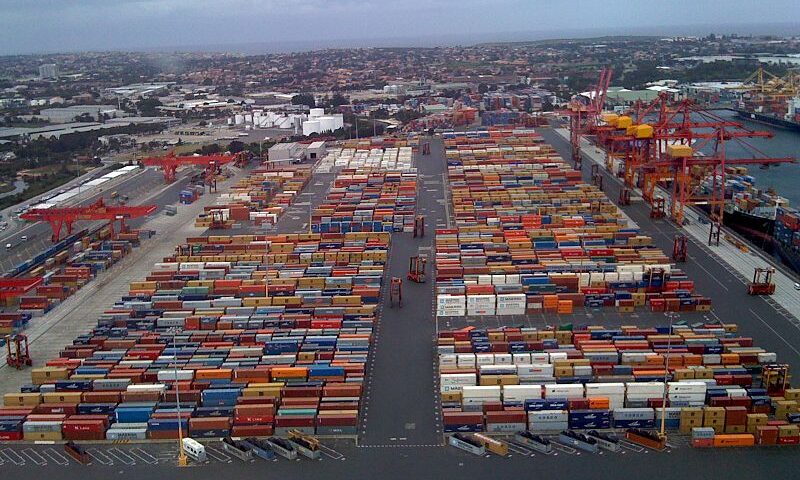A port study co-authored by PortEconomics member Thomas Vitsounis received the KLU Young Researcher Best Paper Award of the Annual Conference of the International Association of Maritime Economists held in Hamburg, Germany 23-26 August 2016. The study models spillover effects across container sectors (commodities) over time.
In more detail, the study conceptualizes the container port throughput as a function of different evolutions of the various sectors that make up the aggregate container output. Arguing, the container cycle may be better detected by understanding the path of its sectoral components, the article explores whether whether the variance across different sectors, or correlation across them, explain fluctuations in container port throughput. In this vein, it explores which sectors represent the ‘leaders’, and which sectors are the general ‘followers’ in the transmission of shocks, Finally it concludes on the main factors driving the cyclical interdependence.
Drawing on business cycle synchronization theory and sectoral analysis, the authors investigate the dynamics of fifteen containerized sectors in Sydney port. The study reveals the relationships of short-run fluctuations among port container sectors (i.e. leaders and followers). Through the examination of macroeconomic factors they also study the determinants of cyclical shocks and their associated repercussions and also analysed through the examination of various macroeconomic factors.
The port study was presented in the IAME 2016 Conference held 23-26 August in Hamburg, Germany.
The paper and the presentation of the study is available and can be freely downloaded @PortEconomics.













